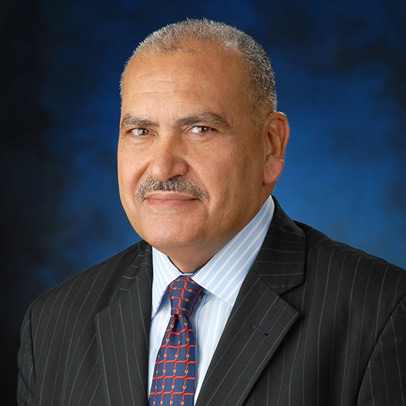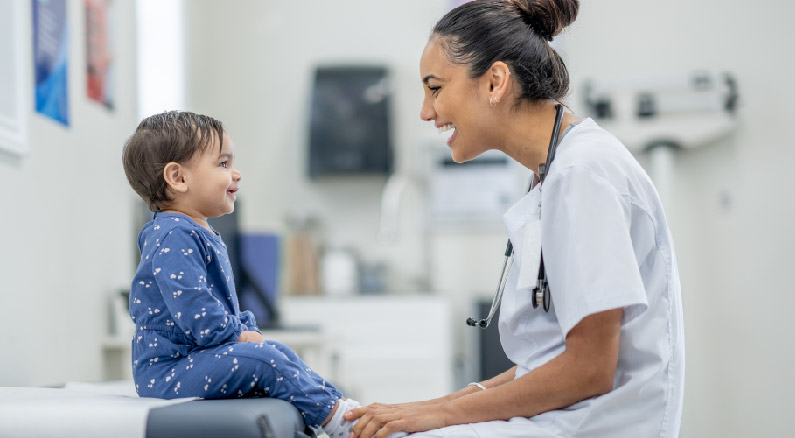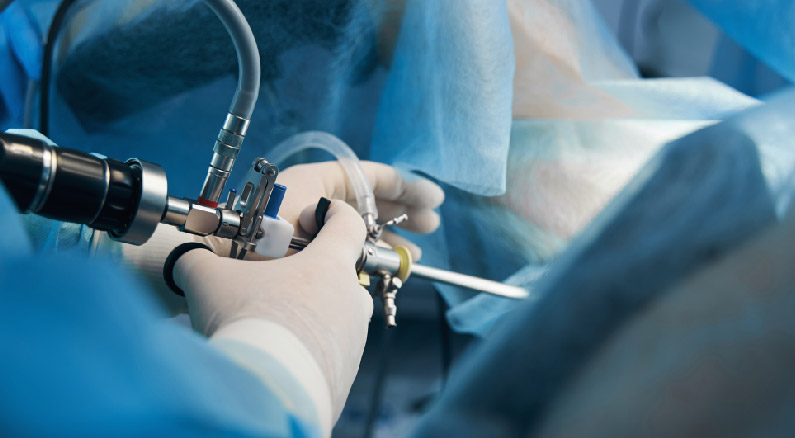
The educational program is based on Society of Urodynamics and Female Pelvic Medicine and Urogenital Reconstruction (SUFU) guidelines. It covers the following modules:
These modules cover diagnostic evaluation and treatment of neurogenic bladder, pelvic floor dysfunction and prolapse, rectovaginal fistula, vesicovaginal and urethrovaginal fistula, and urinary incontinence and its different management modalities including behavior treatment, pharmacological treatment, biofeedback electrical stimulation, sacral neuromodulation, and surgical approaches. The evaluation and treatment of anal incontinence is in collaboration with colorectal surgery. The educational activities cover the anatomy and pathophysiology of the bladder and the rectum. Urological reconstructive bowel surgery, male incontinence, urethral reconstructive surgery, neurogenic bladder dysfunction, and bladder outlet obstruction are examples of the domain of this specialty.
bladder
and prolapse
fistula
and urethrovaginal fistula
incontinence
A minimum 6 months but it is preferred to spend one year with optional second year based on
performance and director’s approval.
A fellow can see patients alone, but they have to be supervised by a faculty. Diagnostic and minor procedures will be supervised by a faculty in the area. All open and specialty operating cases will be directly supervised by staff. Full licensed fellows can render billable services according to their privileges.
Salary will be paid through UC Irvine Department of Urology at $60,000/year plus benefits.
- Candidates must be board-eligible urologists or have passed the USMLE exam with an application made for Urology Board eligibility.
- Candidates must also hold a California Medical License.
- The UC Irvine will fund reasonable expenses for one meeting per year.
Foreign graduates must have completed urology residency, passed all steps of USMLE and have ECFMG certificate. They require faculty supervision and cannot do any work outside UCI institutions. Grants and personal funding (like other institutions or organizations) are welcomed to fund part or the whole stipend. The department of Urology at UC Irvine is responsible for providing their stipend and not the office of GME. The arrangements will be done in advance in accordance with UC Irvine rules and regulations. If the fellow has ECFMG and J1 visa, he/she cannot bill for any services (as per ECFMG visa verification form).
Monitoring outcomes of different treatments is an integral part of the curriculum. Practice management and coding is discussed on one-to-one basis, and included in the core curriculum. Clinical trial design and statistics are included in the educational activities.
In addition to the structured curriculum, other unique activities are integrated:
- Weekly Journal Club, curriculum lectures and research meetings in combination with FPMRS
- One trip to related national meeting or seminar (requires approval of program director)
- Periodical Research meetings
- Visiting surgeons (national and international) provide a healthy environment and a broader perspective for interaction
- The Research Fellows Program provides a stimulating and cooperative complimentary aspect of the fellowship
- Participation in-house training programs including minimally invasive courses, skills training in our surgical laboratory including anatomy workshops on cadavers, and bulking agent simulation, Green Light Laser photo vaporization participation in the different clinical research projects on new medications and devices offer an up-to-date on the newest applications in the field. Participation in basic science projects is encouraged.
The fellow will be trained at UC Irvine in the urology clinic (1.5 days/week), OR (1 day /week), and VALB spinal cord center and urology service for one day/week. Fellow will run his/her own clinic one half day per week at urology patient care center.
One day is designated for research and scholarly activities.
Research is integrated with clinical work during the fellowship training. A reasonable schedule that allows a balance between clinical work, study, self- development, and research is emphasized.
On-call responsibilities are approximately no more than one week every month. The different staff members cover their own patients during the weekdays. Foreign graduate will take first call with faculty supervision.
During the weekdays, the fellow is responsible for consults except if in the operating room, the on-call staff will cover.




